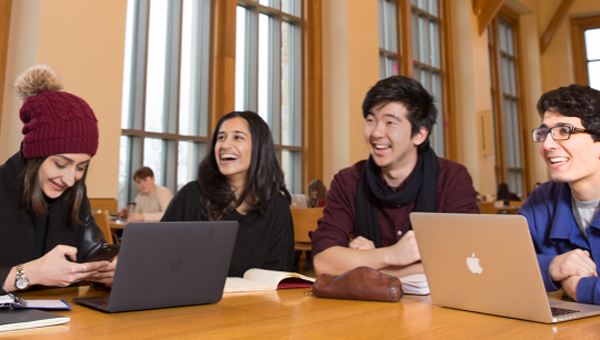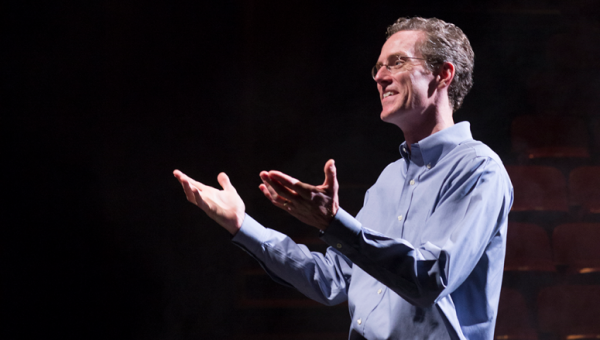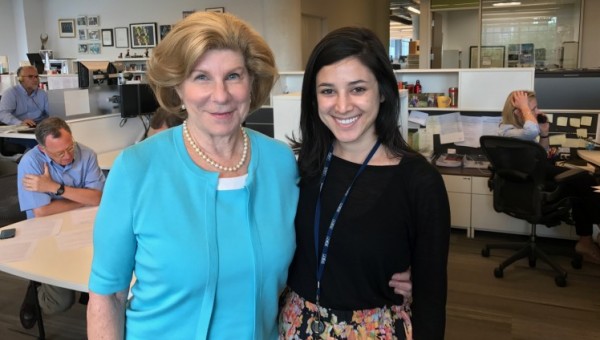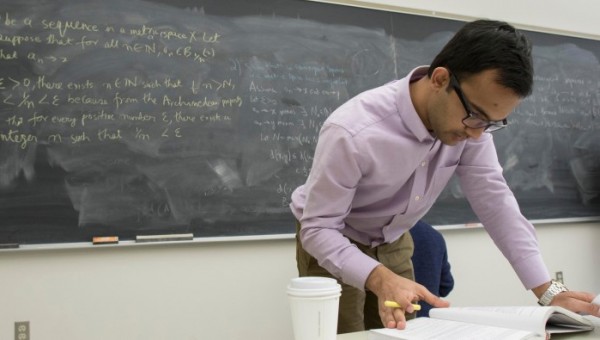Economics
Do immigrants lower the wages of native workers? Why do some African economies grow so slowly? Why are buffalo almost extinct but cattle so plentiful? Do government deficits mortgage our children's future? Does an increase in the minimum wage help unskilled workers? These are some of the questions that economists try to answer using the tools of economic analysis.
In the study of economics, students learn to build, test, and revise models of behavior - of consumers, firms, workers and the government - and examine how these economic agents interact in markets, both at the individual level in microeconomic analysis and at the economy-wide level in macroeconomic analysis.
By integrating theory, analytical models, data, quantitative research methods and public policy issues, the economics professors at Kenyon help students understand and predict social behavior in the world around them. Students then are able to analyze important social problems like unemployment, pollution, race and gender discrimination, and inflation. This analysis allows them to intelligently evaluate public-policy proposals that are offered as solutions to these problems.
Students also have opportunities for learning about economics outside of the classroom. The Economics Reading Group gives students and faculty the chance to engage in regular, informal conversations about the history of economic thought, political economy and contemporary public policy debates. Students interested in testing their skill as a portfolio manager can join Kenyon College Investments, a student-led investment club where members learn about equity markets through first-hand experience. The Shepherd Lecture Series brings renowned economists to Kenyon to give public lectures and to lead small seminars. Recent topics include the economic impacts of immigration, the future of agriculture and the economics of pirates.








